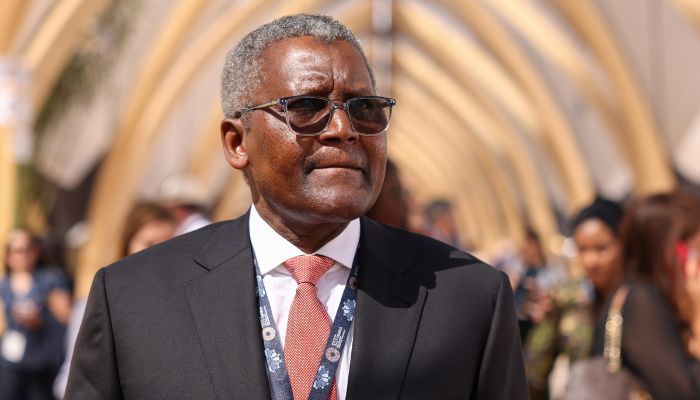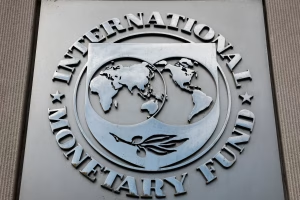The Dangote refinery, a major petroleum processing facility in Nigeria, has reportedly reduced its ex-gantry loading cost for petrol to 865 Naira per litre. This marks a decrease of 15 Naira from the 880 Naira per litre the facility was selling for on Wednesday.
Sources indicate that the refinery informed its customers of the new pricing in a notice issued on Thursday morning. Checks with petroleum price monitoring websites have also corroborated this development.
This price reduction comes shortly after the Nigerian government officially directed the full implementation of its Naira-for-Crude agreement with local refiners. The Federal Executive Council (FEC) had initially announced this policy, which allows domestic refineries to purchase crude oil in the local currency, as a long-term strategy to reduce Nigeria’s dependence on foreign exchange for its petroleum needs and to bolster energy security.
The Ministry of Finance confirmed the renewed commitment to the policy on Wednesday, following a meeting between the Minister of Finance, Wale Edun, and representatives from the Dangote refinery, a key beneficiary of the agreement. The government has emphasized that the Naira-for-Crude initiative is not a temporary measure but a fundamental policy aimed at supporting sustainable local refining.
The National Publicity Secretary of the Independent Petroleum Marketers Association of Nigeria (IPMAN) had previously indicated that a reduction in petrol loading costs from the Dangote refinery was anticipated towards the end of the week, which would contribute to a decrease in overall fuel prices for consumers.
The government hopes that by enabling local refineries to purchase crude oil in Naira, the cost of producing petrol domestically will become more stable and potentially lead to lower prices at the pumps for Nigerians in the long term. The Dangote refinery, with its large processing capacity, is expected to play a significant role in this new phase of Nigeria’s energy policy.





Add Comment